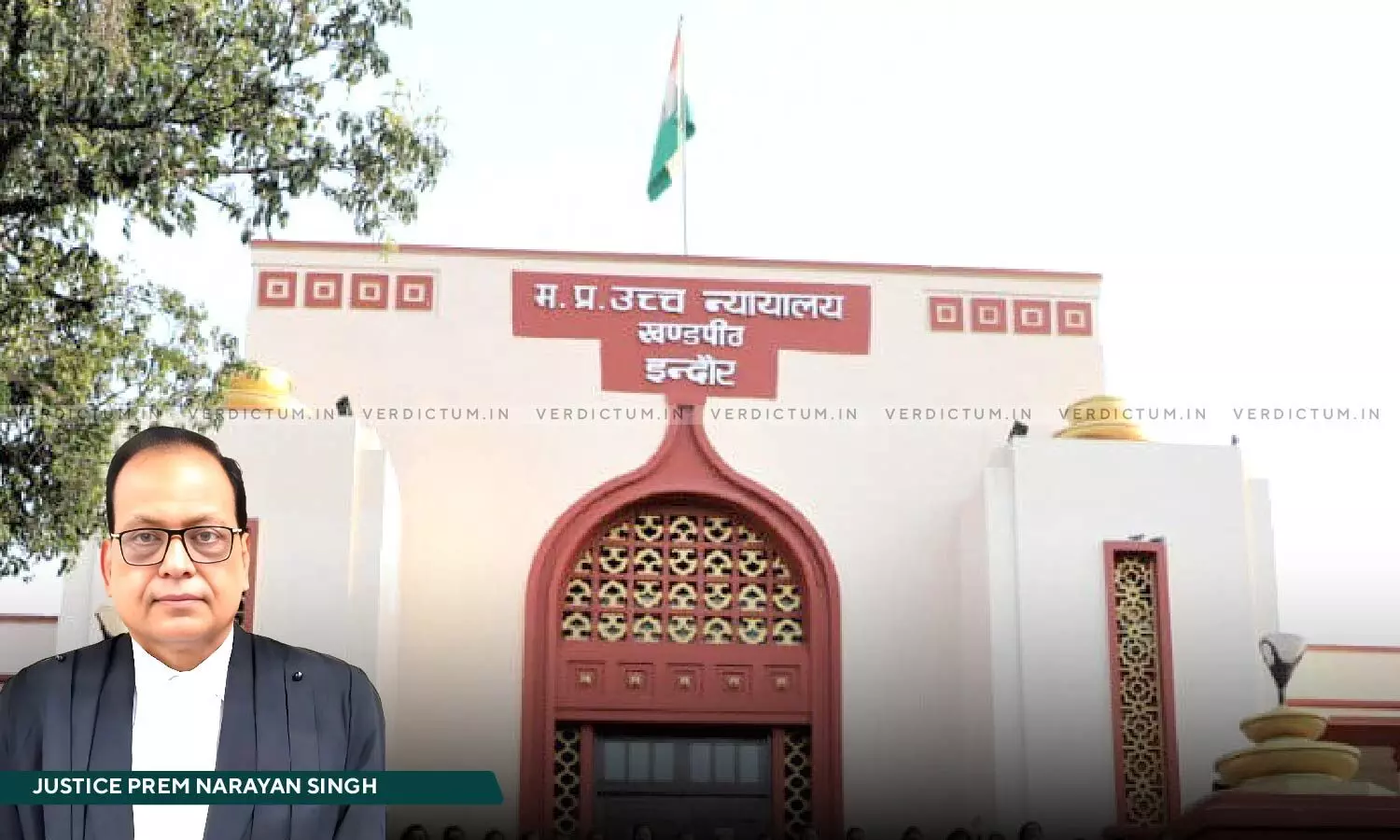
Section 397(2) Cr.P.C- Revision Is Maintainable Against Interim Order If It Determines Rights And Liabilities Of Parties: Madhya Pradesh HC Sets Aside Order To Release Property Attached By ED
 |
|The Madhya Pradesh High Court, Indore Bench, observed that revision is maintainable against an interim order if such an order decides the rights and liability of the parties. The Court also noted that such an interim order deciding rights and liabilities would be deemed as a final order.
The Enforcement Directorate (ED) approached the High Court challenging an order of the Special Judge (PMLA), which allowed the release of certain properties of the Respondent in lieu of fixed deposits. The Court emphasized that determining the custody of property is treated as the final order as they ultimately decide possession rights.
The Bench of Justice Prem Narayan Singh observed, “Having gone through the aforesaid principles laid down by Hon'ble Apex Court and also High Court, it emerges that if the order is finally deciding the rights and liabilities of the parties, even, in an interim stage, it will be treated as final order and revision against that order lies”.
Deputy Solicitor General Himanshu Joshi appeared for the Petitioner (Directorate Of Enforcement/ED) and Advocate Manu Maheshwari appeared for the Respondents.
The ED approached the High Court challenging an order of the Special Judge (PMLA), which allowed the release of certain properties in lieu of fixed deposits. The ED had previously attached the properties of the Respondent for alleged money laundering offenses. The ED contended that the release order by the Special Court violated the Prevention of Money Laundering Act, 2002 (PMLA, 2002).
The Court framed the following issues: “(i) whether this revision petition is liable to be dismissed on the basis of non-maintainability as the impugned order is an interlocutory order?
(ii) If not, as to whether, the impugned order passed by the learned Special Court is suffering from infirmity, illegality and impropriety?”.
The Court, while considering the principles laid down by the Apex Court in the case of Parmeshwari Devi v State & Anr. [(1977) 1 SCC 169], noted that an order finally deciding the rights and liabilities of the parties, even in an interim stage, is treated as a final order subject to revision.
The Court noted that determining the custody of property is treated as the final order as they ultimately decide possession rights. However, if the order is contested on grounds of law violation, improper procedure application, or lack of jurisdiction, a revision is permissible. Therefore, the Court dismissed the respondents' argument against the maintainability of the revision.
The Court observed that the order for provisional attachment was issued by the Directorate of Enforcement, not the Special Judge. Despite the Apex Court directing the lifting of provisional attachment upon the petitioner providing a fixed deposit, the Special Judge issued the impugned order. The Court delved into the legal basis of the order, focusing on Section 8(8) of the PMLA, and relevant provisions in the Prevention of Money-Laundering (Restoration of Property) Rules, 2016 (Rules).
The Court highlighted that the order lacks clarity on the definition of 'claimant' and fails to address the prescribed manner for restoration. Accordingly, the Court allowed the Revision Petition and set aside the impugned order.
Cause Title: Directorate Of Enforcement v Dr. Vinod Bhandari